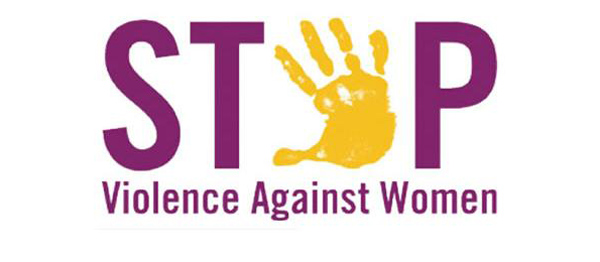Posted: Feb 1, 2013 10:20 AM by Marnee Banks – MTN News
HELENA – The Montana Senate Fish and Game committee is considering a comprehensive bison management bill.
Senator John Brenden’s (R-Scobey) Senate Bill 143 would establish a year round bison hunting season and prohibit any translocation of the species. He says he is bringing his bill in response to farmers and ranchers.
Bill Hoppe is an outfitter and rancher in Gardiner who says the bison come out of Yellowstone National Park and cause havoc on private land.
“Bison are very destructive, Hoppe testified. “While on our land they destroy trees, shrubbery, landscaping, then tear down huge amounts of fence.”
American Indian tribes testified against the bill, saying the bison is a spiritual animal and if the Legislature passes the bill it could face litigation.
Other opponents to the bill are calling it “radical” and say the bison should not be managed as a pest but instead as wildlife.
Greater Yellowstone Coalition Executive Director Mike Clark said there are three main reasons he opposes the bill.
“First it will completely disrupt the relationship between the federal government, the state and the tribe. Secondly, it will polarize people throughout this country over how the bison will be slaughtered. Thirdly, it will prevent the movement of healthy bison to the tribes,” Clark said.
The Senate Fish and Game committee will vote on the bill at a later date.
Source:
http://www.kxlf.com/news/bison-bill-draws-support-from-ranchers-opposition-from-tribes/






